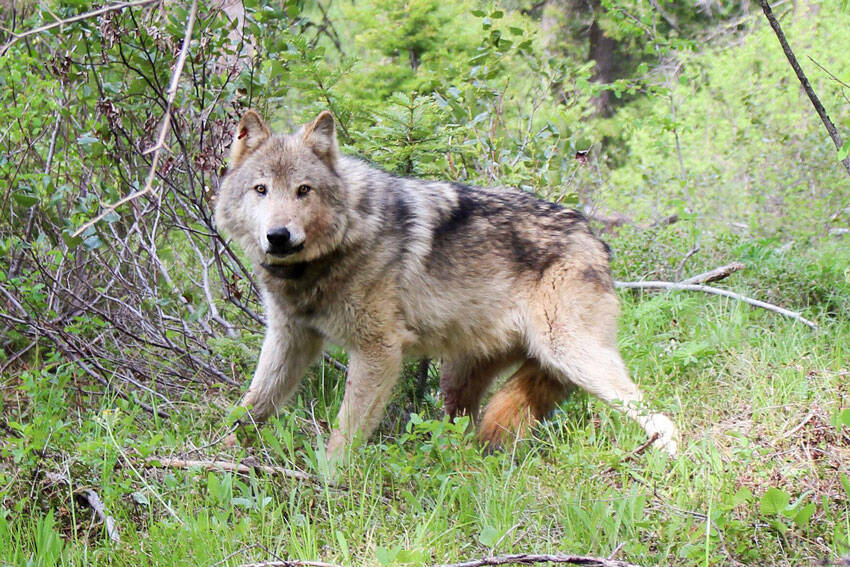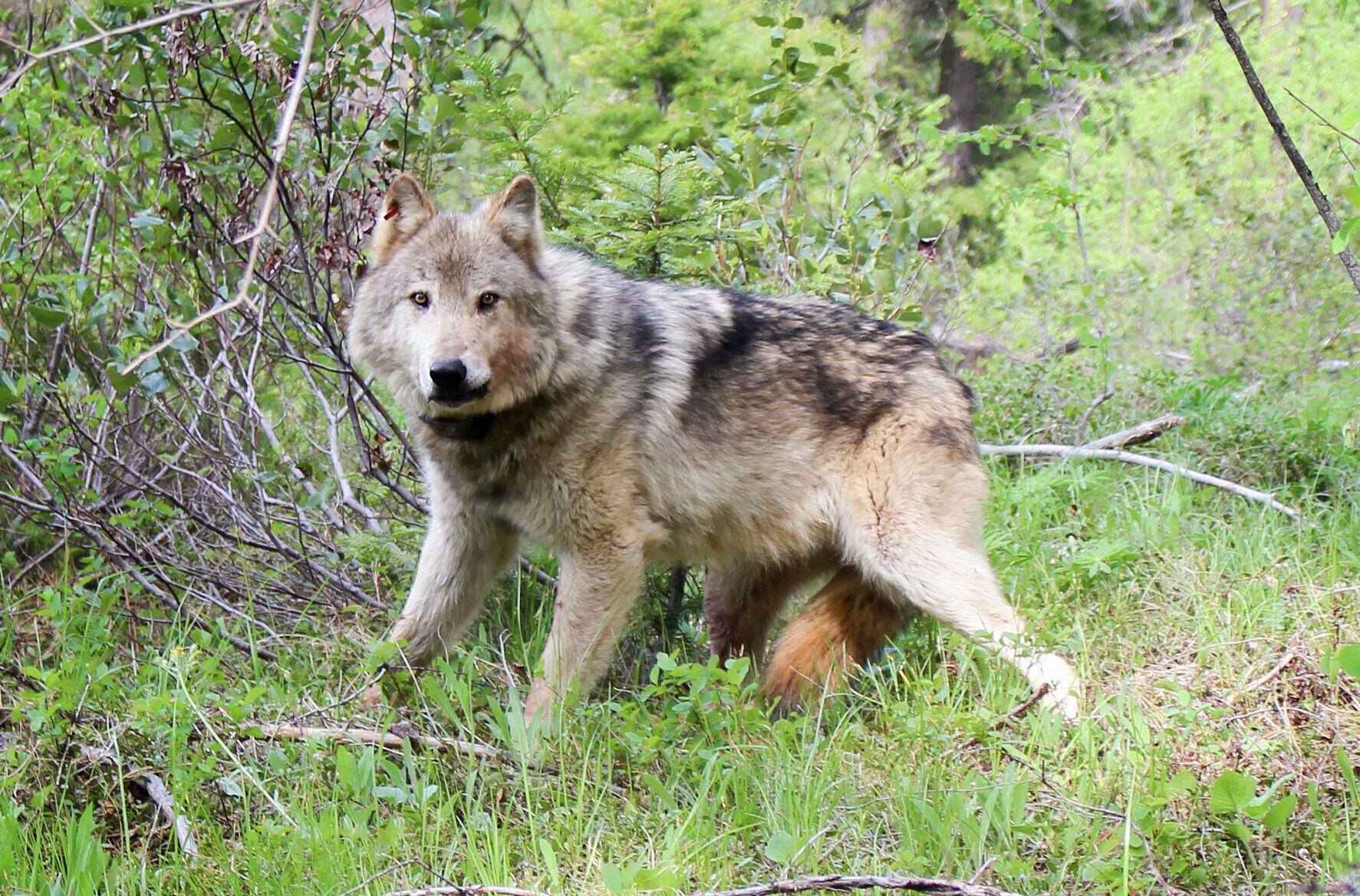By Randy Bracht | The Center Square
(The Center Square) – The status of gray wolves remains unchanged in Washington state after U.S. Fish & Wildlife officials announced Friday that the animals’ listings under the federal Endangered Species Act will not be altered in the northern Rocky Mountains and western United States.
In Washington, the wolves remain state-designated as endangered but their status varies geographically under the federal ESA: they’re delisted in the eastern third of the state but remain federally listed in the western two-thirds of Washington.
According to WDFW, the state’s wolf population has grown by an average of 23 percent annually since the agency conducted an initial survey in 2008. In 2022, WDFW and tribes counted 216 wolves in 37 packs, including 26 successful breeding pairs, in the state. Many of the animals are found in the timbered, mountainous northeast corner of the state.
“WDFW and its partners are focused on reducing conflict between wolves and livestock, emphasizing proactive nonlethal conflict deterrence, and achieving statewide recovery objectives,” the agency said in a press release Friday.
In a separate announcement Friday, the U.S. Fish & Wildlife Service said two petitions to list gray wolves under the federal Endangered Species Act in the northern Rocky Mountains and western U.S. were not warranted.
“… the legal status of gray wolves does not change as a result of this finding,” the service said, concluding that wolves “are not at risk of extinction in the Western United States now or in the foreseeable future.”
According to USFWS, the determination was based on an analysis of data from federal, state, and tribal sources, along with academic institutions and public input. The study assessed threats posed by human-caused mortality, existing regulatory mechanisms, and disease.
Gray wolves are federally listed as endangered in 44 states, threatened in Minnesota, and under state jurisdiction in Idaho, Montana, Wyoming, and parts of eastern Washington and eastern Oregon. At the end of 2022, it was estimated there are nearly 2,800 wolves in at least 286 packs in seven western U.S. states.
“This population size and widespread distribution contribute to the resiliency and redundancy of wolves in this region,” USFWS reported. “The population maintains high genetic diversity and connectivity, further supporting their ability to adapt to future changes.”
Debates over wolf management have spanned more than two decades of legislation, litigation, and rulemaking, with courts invalidating five out of six rules finalized by USFWS on gray wolf status, in part because delisting a particular population from the ESA did not consider nationwide effects on the animals’ status and recovery.
Consequently, the Service said it will develop a first-ever nationwide recovery plan by December 2025 that is “connected to site-specific actions for reducing threats and conserving listed species and their ecosystems.”
In Washington state, there have been similar ongoing debates over wolf management strategies, including lethal removal for predation of domestic livestock. That has been a key interest for 7th District state Rep. Joel Kretz, R-Wauconda, who raises horses and cattle in Okanogan County and whose constituents have experienced wolf attacks on local ranching and dairy businesses.
Kretz has prime-sponsored two bills relating to wolf management. House Bill 2423 would require the state Department of Fish and Wildlife to convene a workgroup to develop a regional management plan for gray wolves in the portion of eastern Washington where gray wolves are not federally listed as threatened or endangered. House Bill 2424 would require the WDFW to engage with the Confederated Tribes of the Colville Reservation on a government-to-government basis to align gray wolf management strategies in certain areas.
Kretz testified on both bills during a Jan. 26 public hearing before the House Agriculture and Natural Resources Committee. Afterward, the committee moved to advance HB 2424 to the House Rules Committee.
Earlier in January, Gov. Jay Inslee directed the Washington Department of Fish and Wildlife to begin a new rulemaking process to guide when wolves can be lethally removed for attacks on domestic animals.
Inslee’s directive overturned the Washington Fish and Wildlife Commission’s Oct. 28 rejection of a petition from wildlife advocacy and environmental interests seeking policies to further protect the state’s gray wolf population.
Kretz’s fellow 7th District legislator, state Sen. Shelly Short, R-Addy, called Inslee’s decision “tone deaf” and “super frustrating,” claiming the governor was ignoring both the concerns of their constituents and a WDFW staff recommendation that rulemaking was not necessary at this time because management protocols are already in place.









